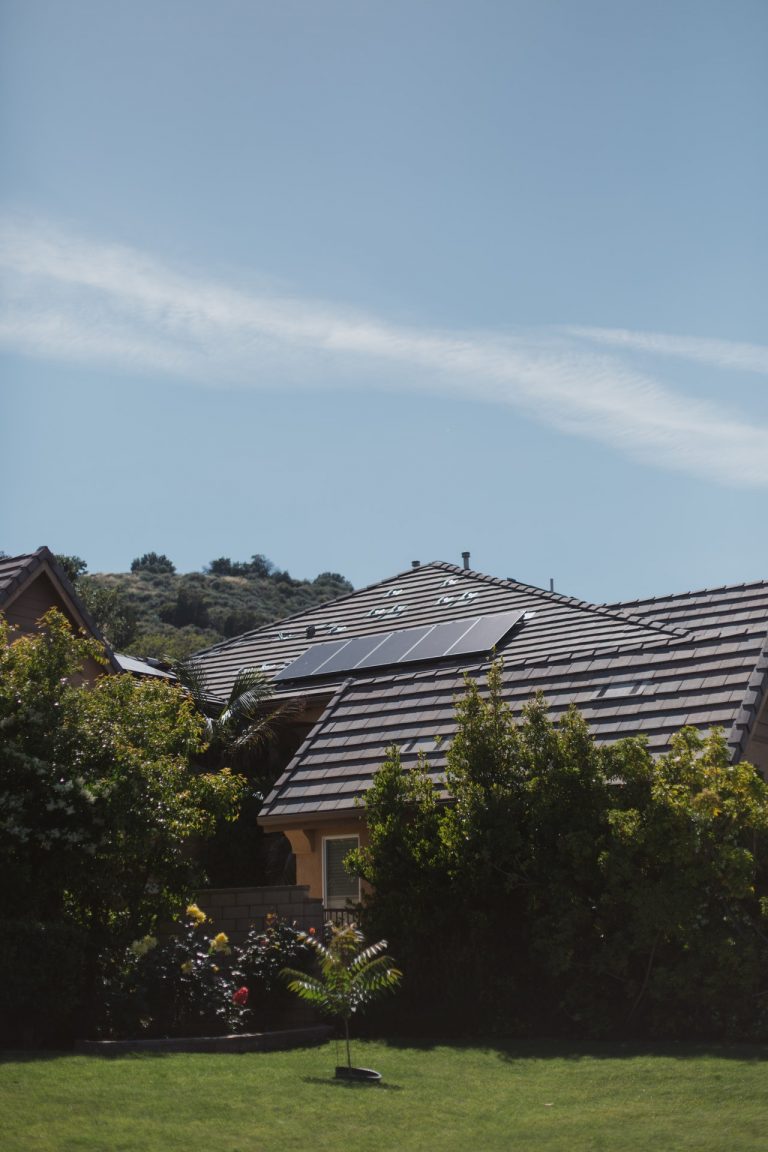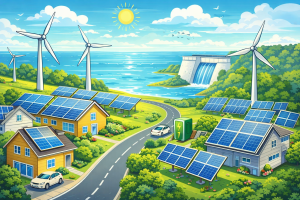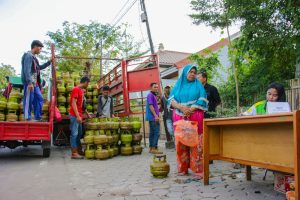JAKARTA – Chairman of Kontak Tani Nelayan Andalan (KTNA) farmers group Mohamad Yadi Sofyan Noor said last week in an online discussion that inclusion of nuclear energy in the new and renewable energy (NRE) bill is not appropriate. He said the construction of a nuclear power plant (PLTN) has a negative potential impact on the economy of farmers and fishermen.
Indonesian Women’s Commission (KPI) in collaboration with the Institute for Essential Services Reform (IESR) held a Webinar entitled “The EBT Bill: A Further Look at Gender Perspectives Accommodated in Energy Policy”, Friday (4/3).
The Draft Law on New and Renewable Energy (RUU EBT) has been submitted by the parliament (DPR RI) to the legislative unit to enter the harmonisation stage, or a stage where the texts are reviewed for inconsistencies. However, aspirations and needs of the community such as women’s groups (and other underrepresented communities) as well as the gender approach are felt to have not been represented in the existing draft of the EBT Bill.
According to Noor, the construction of nuclear power plants increases risks for farmers and fishermen, because nuclear power plants absorb large funds that may be allocated from other programs such as food security. “The land required is large enough so that it threatens the access and economic activities of farmers and fishermen. The risk of a nuclear power plant accident is borne directly by the farmers and fishermen who live around the nuclear power plant,” he said.
Similarly, the Indonesian Renewable Energy Society (METI) Expert Council, Rinaldy Dalimi said that the presence of nuclear energy in the EBT Bill would actually complicate the development and exploitation of renewable energy. Moreover, if the EBT Bill is studied in more depth, it will not be passed in the near future. “At least the central government should consider building 5 new institutions, and must provide various incentives and places for radioactive waste disposal,” he explained.
Meanwhile, KPI urges a policy to develop affordable clean renewable energy at the local level instead of relying on fossil and nuclear energy. Assistant Deputy Director of the Ministry of Women’s Empowerment and Child Protection (KPPPA), Maftuh Muhtadi in his presentation admitted that women are still seen as the main consumers of electrical energy.
“So far, energy management has always been attached to women’s responsibilities regarding their domestic roles. Energy consumption tends to be inefficient and the role of women is important to improve the efficiency of energy utilisation and management,” he explained.
Questioning that there is still a portion of fossil energy in the EBT Bill in the form of coal downstreaming, Maftuh said he cannot one hundred percent reject fossil energy. However, according to him, the most important thing is to ensure that the production, distribution, and consumption of energy have few negative effects. (Hartatik)















